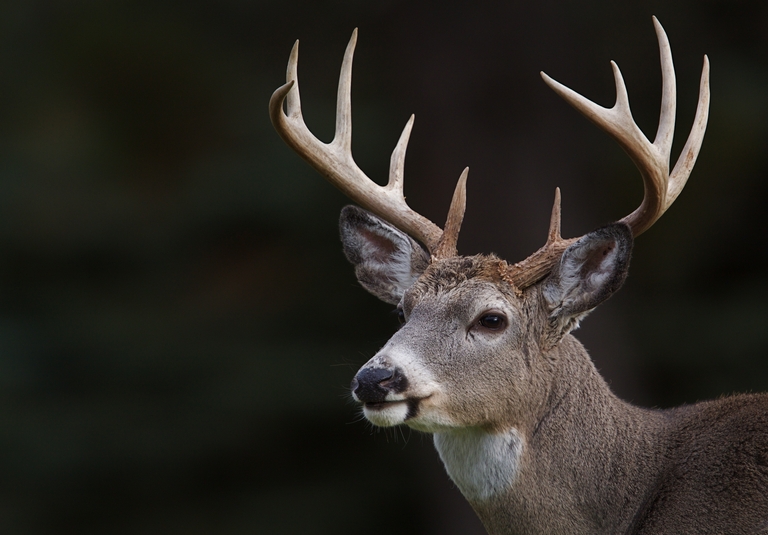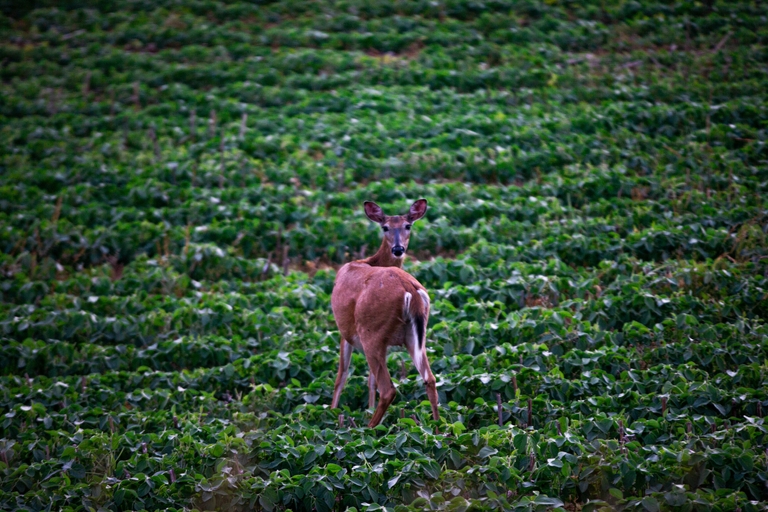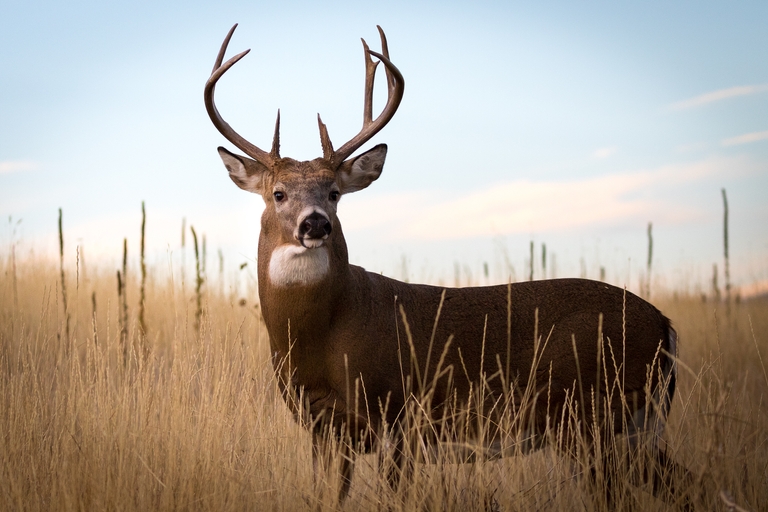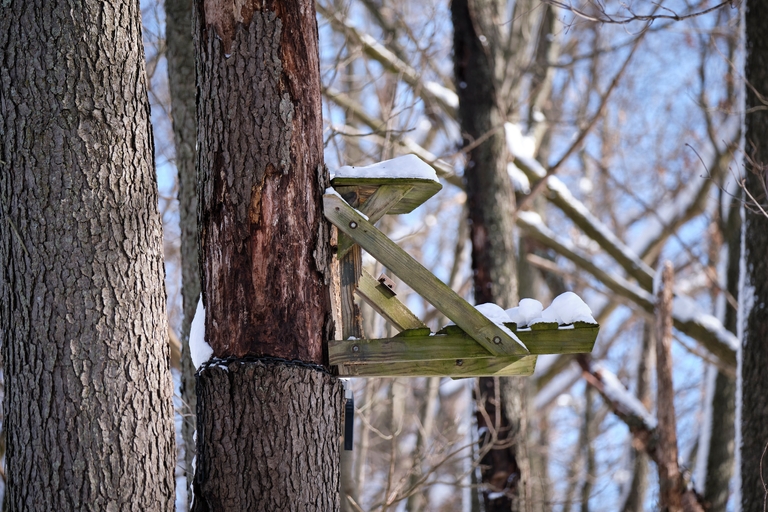What To Know About Gun Calibers For Deer Hunting
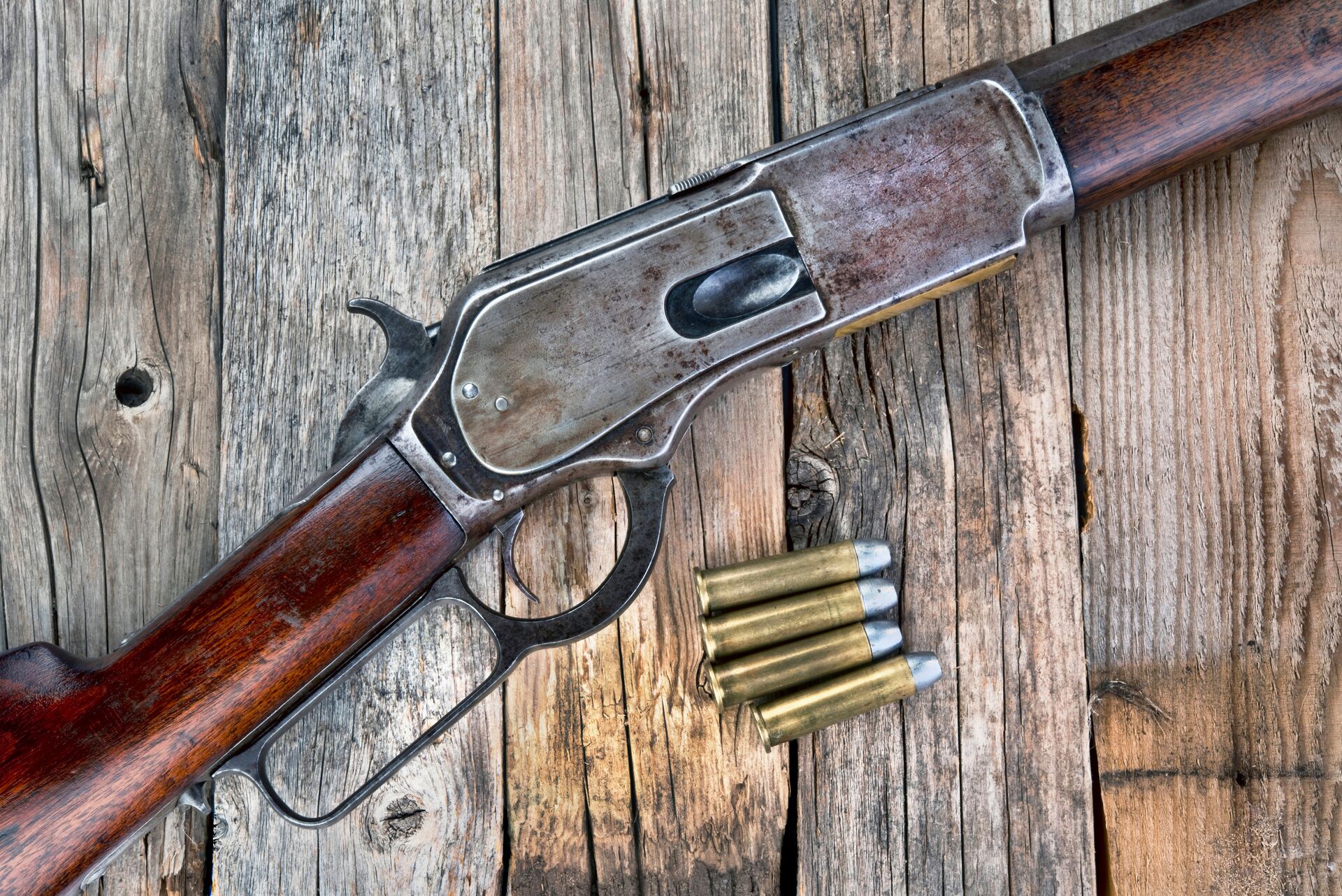
Though you may be anxious to grab your rifle and whatever ammunition you have on hand and then get out for your next hunt, selecting the correct caliber for your hunting goals cannot be understated.
Specific and minimum caliber ammunition are commonly regulated at the state level to ensure ethical kills, maintain safety, and maximize shooting effectiveness. On top of this, deer are tough creatures. As hunters, we want to minimize any suffering from our shooting, which means making the right caliber choice.
In this blog, we'll discuss everything you need to know about choosing the right caliber for deer hunting and how to make an informed, safe choice.
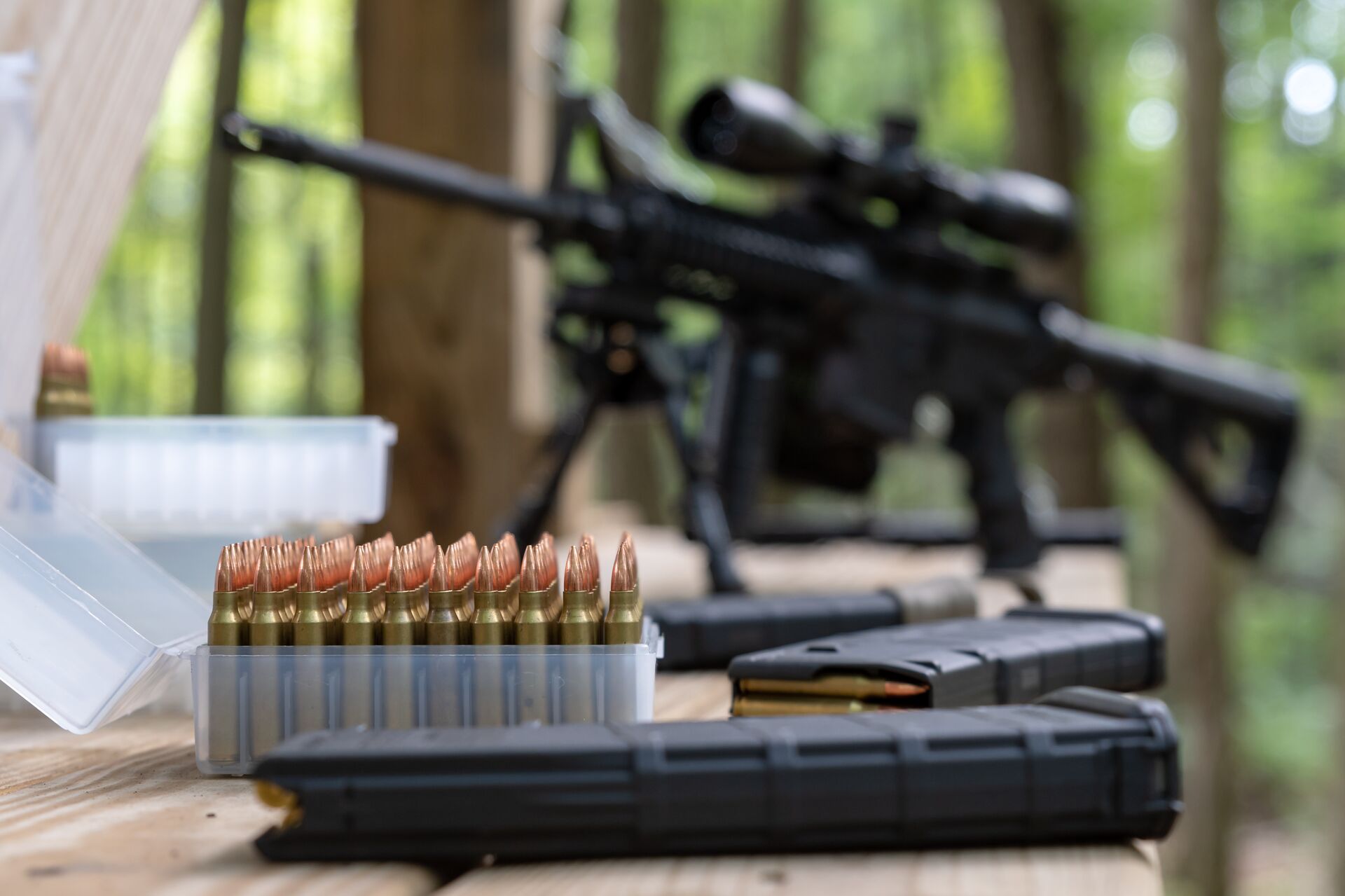
Understanding Gun Calibers
Caliber refers to the diameter of a bullet and can also refer to the diameter of the hole in a rifle or pistol. It is often expressed in inches or millimeters. For example, a 9 mm caliber refers to the size of bullet a firearm would use.
Caliber indicates the firearm's general power, accuracy, and range, and it's relatively common to hear hunters discuss the pros and cons of particular calibers on the range and in the field.
Understanding calibers indicates the size and type of bullet a particular firearm can shoot. Let's look at some of the most common options below.
Popular Calibers for Deer Hunting
While experienced hunters may have their personal preferences, there's no "one" best caliber for deer hunting. Experience, familiarity, and the environment all come into play when deciding on the caliber that works best for you when hunting deer.
.30-06 Springfield
The 30 "ought" six is a .30-caliber round highly regarded for its consistency and versatility in the field. It's been a much-trusted option for hunters for over a century.
The cartridge can accommodate bullet weights ranging from 100 grams to 220, meaning plenty of options within one caliber. It's the number one big game cartridge for all-round performance.
.308 Winchester
First developed for military purposes, the .308 has since been widely adopted due to its efficiency and manageable recoil. It's ideally suited to deer hunting in North America due to its long-range reliability and consistency.
Ammunition is readily and widely available, so you'll always be well stocked.
.270 Winchester
While not as popular as the previously mentioned cartridges, the .270 Winchester has earned its spot as a classic option due to its high velocity, lesser recoil, and flattened trajectory. It's a good choice for many hunters.
.243 Winchester
The .243 has a low recoil and is perfect for beginners or those starting their deer hunting journey. It can be used for both deer and vermin hunting. It's a highly regarded option for its accuracy and dependability in taking down game.
7mm-08 Remington
With a flat trajectory and high velocity, the 7mm-08 Remington is a sensible choice when deer hunting.
With solid penetration and the right balance of power and recoil, you'll know your shot will get the job done if it is well placed.
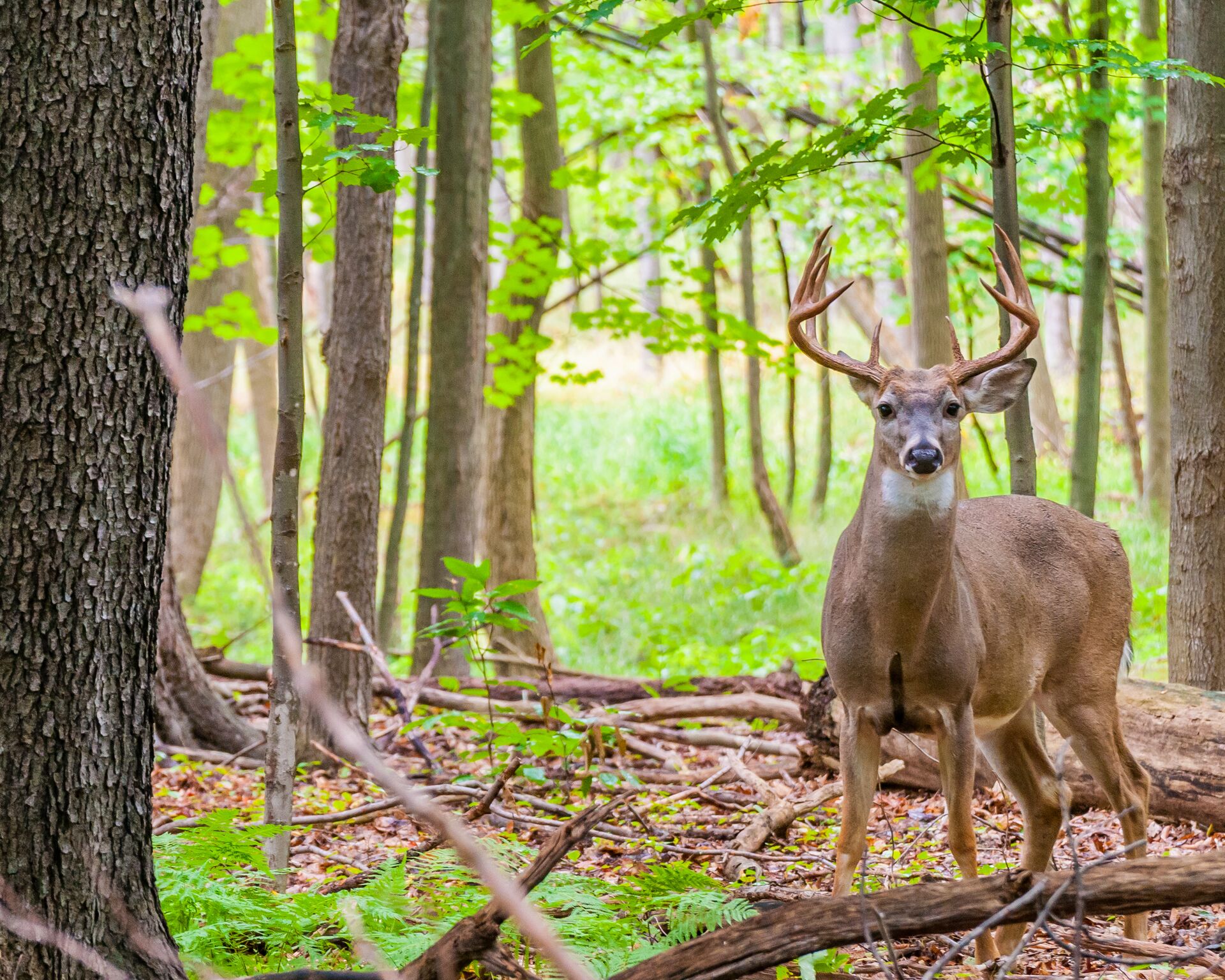
What to Consider When Choosing a Caliber
First, check the relevant regulations regarding caliber usage and minimum requirements in your intended hunting zone and deer season. This will indicate the type of range you can work with.
In addition to this, further considerations for choosing caliber include.
Your Hunting Environment
A smaller caliber may be the more robust option if you plan to hunt in dense areas such as forests or wooded areas. It will be easier to handle in this tight environment, as you will most likely be closer to the animal.
Conversely, a larger caliber may be necessary in open areas such as fields or agricultural zones to make the long shot.
Deer Size
The variation in the size of deer may call for differing calibers. On the lower end, you may be looking at something like a .243 Winchester when in close range, up to a .300 win mag if further out.
Personal Comfort
Familiarity and comfort are essential as you want to work with a caliber you know and are comfortable with. Comfort implies consistency and will mean more accurate shooting, especially if a follow-up is required.
Controlling the recoil is also a safety consideration and will reduce the likelihood of impact or injury.
Legal Requirements
Wildlife agencies and other regulatory bodies will set restrictions on different calibers to ensure safe hunting and ethical practices are upheld at all stages.
Ballistics and Performance
The trajectory of specific calibers can be measured by charting their performance under set conditions. Essentially, the longer a bullet is in flight, the lower the drop and curvature of the path.
Heavier bullets retain their velocity and resist factors such as wind better than lighter rounds. The energy upon impact must also be sufficient to guarantee a safe, fast, and ethical kill. This has a similar impact on penetration, which refers to the energy a bullet expands before stopping in the animal tissues.
Sometimes, overpenetration can occur, creating a severe safety risk when hunting. So, choosing a caliber type that isn't under or overly penetrative is essential.
Expansion, and sometimes fragmentation, increases a bullet's diameter upon penetration. Significant expansion means a higher likelihood of hitting vital organs.
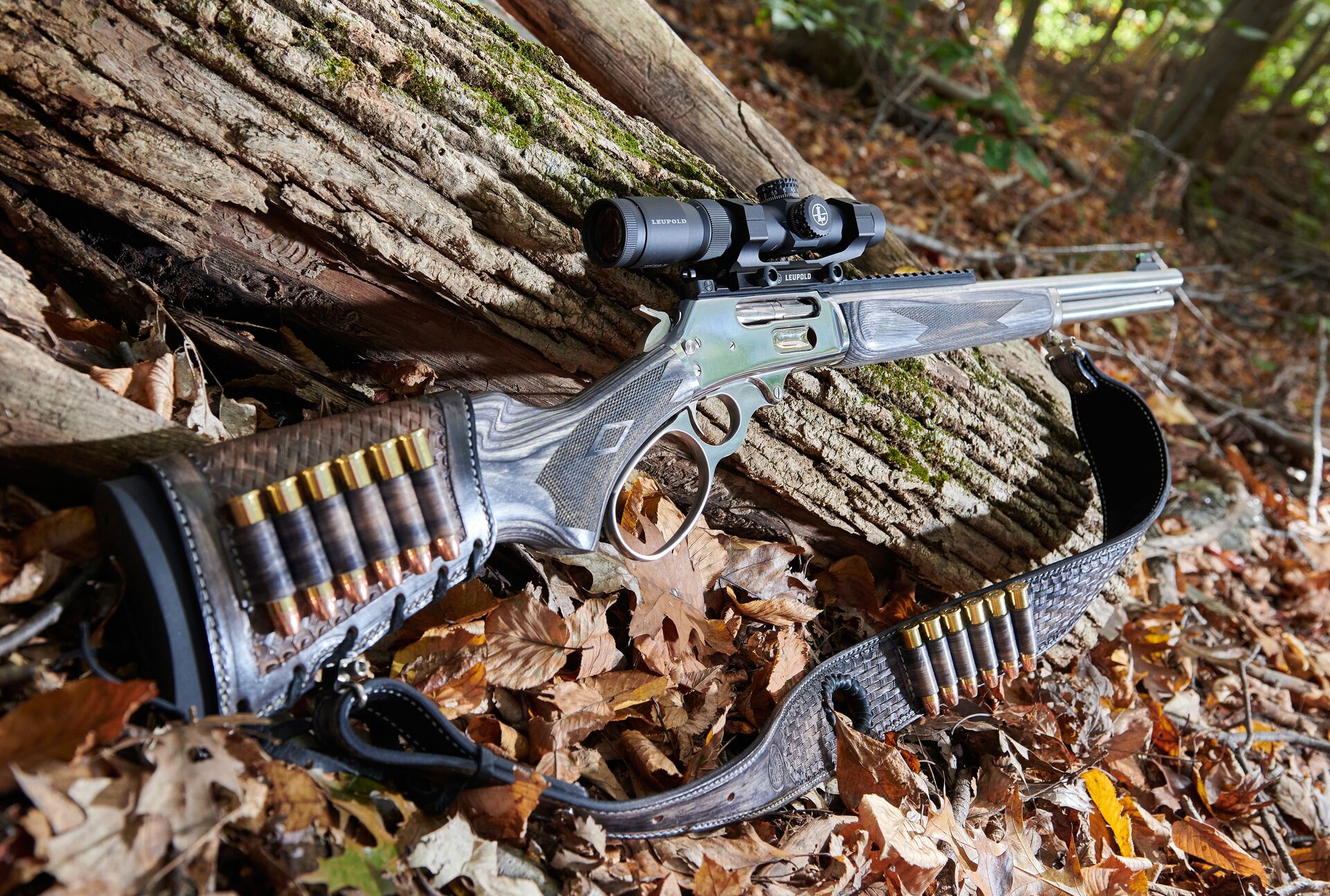
Types of Ammunition and Their Impact (Literally)
What else should hunters know about calibers for hunting deer? Here are a few more things to consider.
Soft Point vs Hollow Point
Soft point ammunition is a traditional type designed for hunting. It's constructed with an exposed lead tip that permits controlled expansion upon impact. This process increases accuracy and energy transfer upon impact, meaning the bullet can penetrate further.
In contrast, hollow points are designed with a small cavity near the tip, which means the bullet expands faster. They are generally regarded as a self-defensive style of ammunition; however, when hunting deer, they can create wider wound channels, leading to faster bleeding.
Always check local regulations regarding ammunition types when preparing for a deer hunt.
Match Grade vs. Hunting Ammunition
Match-grade ammunition is designed for accuracy and consistency and is commonly used in shooting competitions and at the range, hence the name. However, due to its design focus on accuracy rather than terminal performance, match-grade ammunition is not recommended for hunting.
If you're heading out to the field, hunting ammunition is what you're after. It is ammunition specially designed for hunting. These bullets are typically heavier, offering an incredible velocity and larger diameter.
Practical Tips for Hunting With Any Caliber
Whether using your favorite caliber or experimenting with a new one, practice and time at the range will always serve you. Regular practice will allow you to make more precise shot placements, meaning more robust hunting performance and ethical outcomes.
Keep in mind that different calibers have different distance performances, meaning you'll need to choose a scope with the correct magnification and reticle design to match your chosen caliber. Choosing a scope with appropriate magnification and reticle design for your caliber ensures you can accurately engage targets at the intended distances.
Finally, regular maintenance will ensure reliability and safety for yourself and your hunting companions. Clear your firearm of dirt and debris and complete a thorough strip to ensure all parts are in working order.
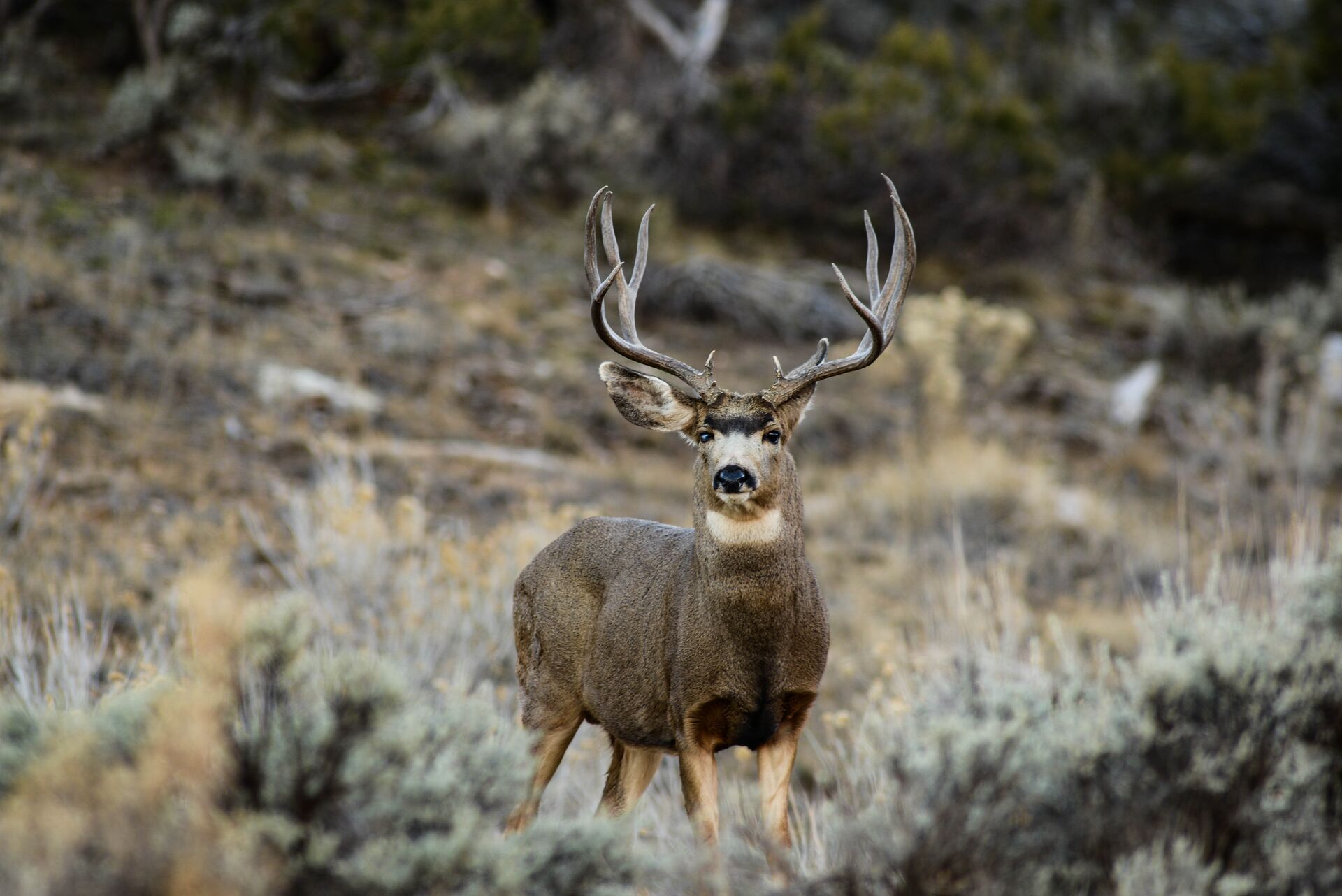
Know Your Calibers and Stay Safe With Hunter-Ed
Understanding the different calibers and how they impact deer hunting is essential for a successful hunt. It's also a significant safety consideration and will ensure you abide by all outstanding regulations regarding ammunition types and calibers.
In addition to learning about gun calibers, we recommend taking a hunting course to boost your understanding of how they impact hunting and how to stay safe in the field — no matter which caliber you choose for the game you hunt.
A course through Hunter-Ed helps you build a foundation in caliber knowledge, trajectory, and firearm safety. You'll also develop skills and knowledge on the full spectrum of hunter-safety strategies and expertise.
Get ready for your next hunt by choosing the course for your state, then start learning!

